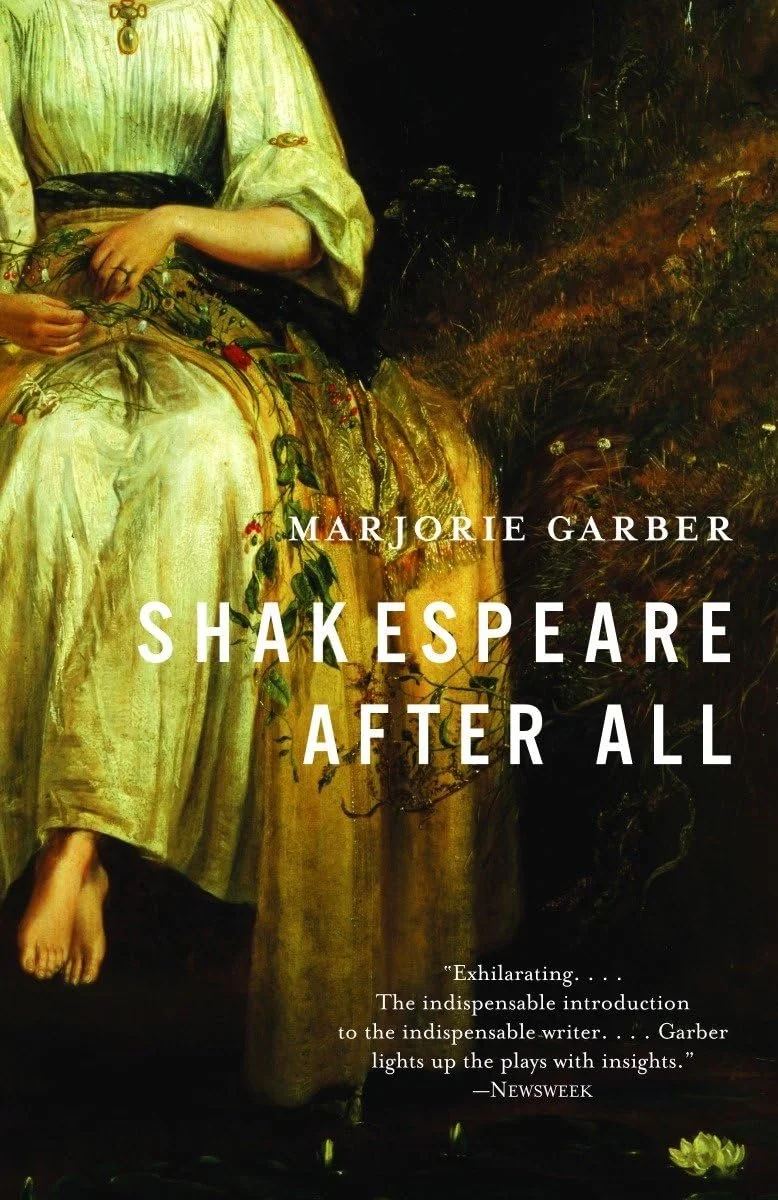Book Review: Marjorie Garber’s Shakespeare After All
As a lifelong admirer of Shakespeare—on stage, on screen, and on the page—I’ve long sought out books that help decode his brilliance. My journey began with Isaac Asimov’s Guide to Shakespeare, a lucid companion that anchored each play in its historical world. Then came Harold Bloom’s Shakespeare: The Invention of the Human—a dazzling yet often exasperating performance of erudition, brilliant in its insights but thick with self-congratulation. Marjorie Garber’s Shakespeare After All finds a thoughtful middle ground between those two extremes: deeply learned, accessible, and reverent, though occasionally too reverent for its own good.
Garber, a distinguished Harvard and Yale lecturer, brings decades of classroom experience to her 900-plus–page exploration of the plays. The book opens with an illuminating introduction—a compressed biography and a meditation on Shakespeare’s era—before moving through thirty-eight essays, one for each play, including The Two Noble Kinsmen, often excluded from traditional collections. The plays unfold in loose chronological order, but Garber is not overly concerned with plot summaries. Instead, her essays center on character, theme, and especially language—the way Shakespeare’s words not only describe but create human experience.
Her prose is elegant, precise, and animated by genuine love for her subject. Each essay feels like a master class—clear-eyed, generous, and often thrilling in its textual sensitivity. And yet, this affection for the Bard can verge on hagiography. Garber’s Shakespeare never falters; his missteps are reframed as hidden brilliance, his inconsistencies as deliberate artistry. To her, Henry VIII is as masterful as Hamlet, and even the lesser comedies shine with unqualified genius. The result is a portrait of Shakespeare not as a mortal playwright, but as a near-divine linguistic force—an image both inspiring and a little exhausting.
Still, to read Shakespeare After All is to sit at the feet of a passionate teacher, one who makes the plays shimmer with relevance. Garber reminds us that Shakespeare’s art endures not because he was flawless, but because his humanity—his appetite for contradiction and complexity—still speaks to ours. For readers seeking an erudite yet inviting companion through the canon, this is a worthy guide: rich, readable, and profoundly affectionate.
